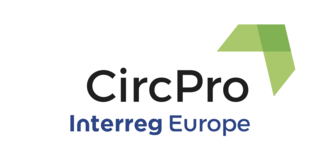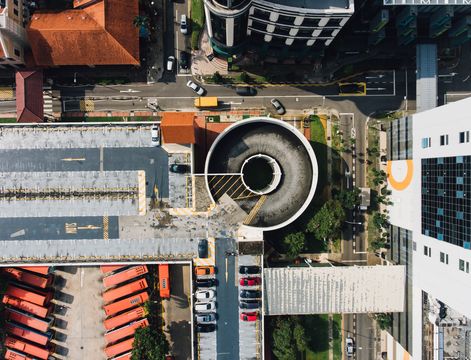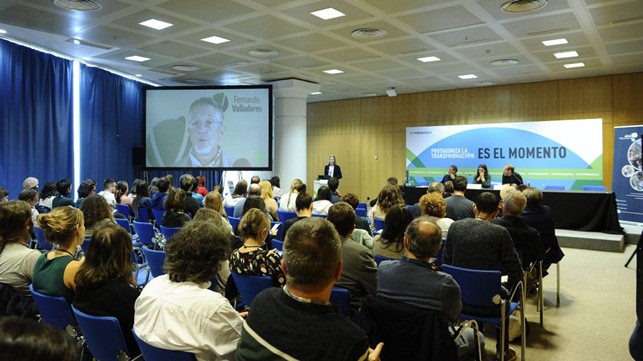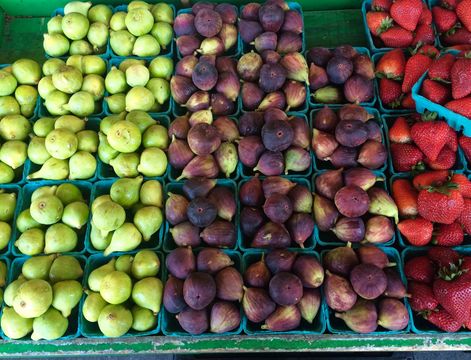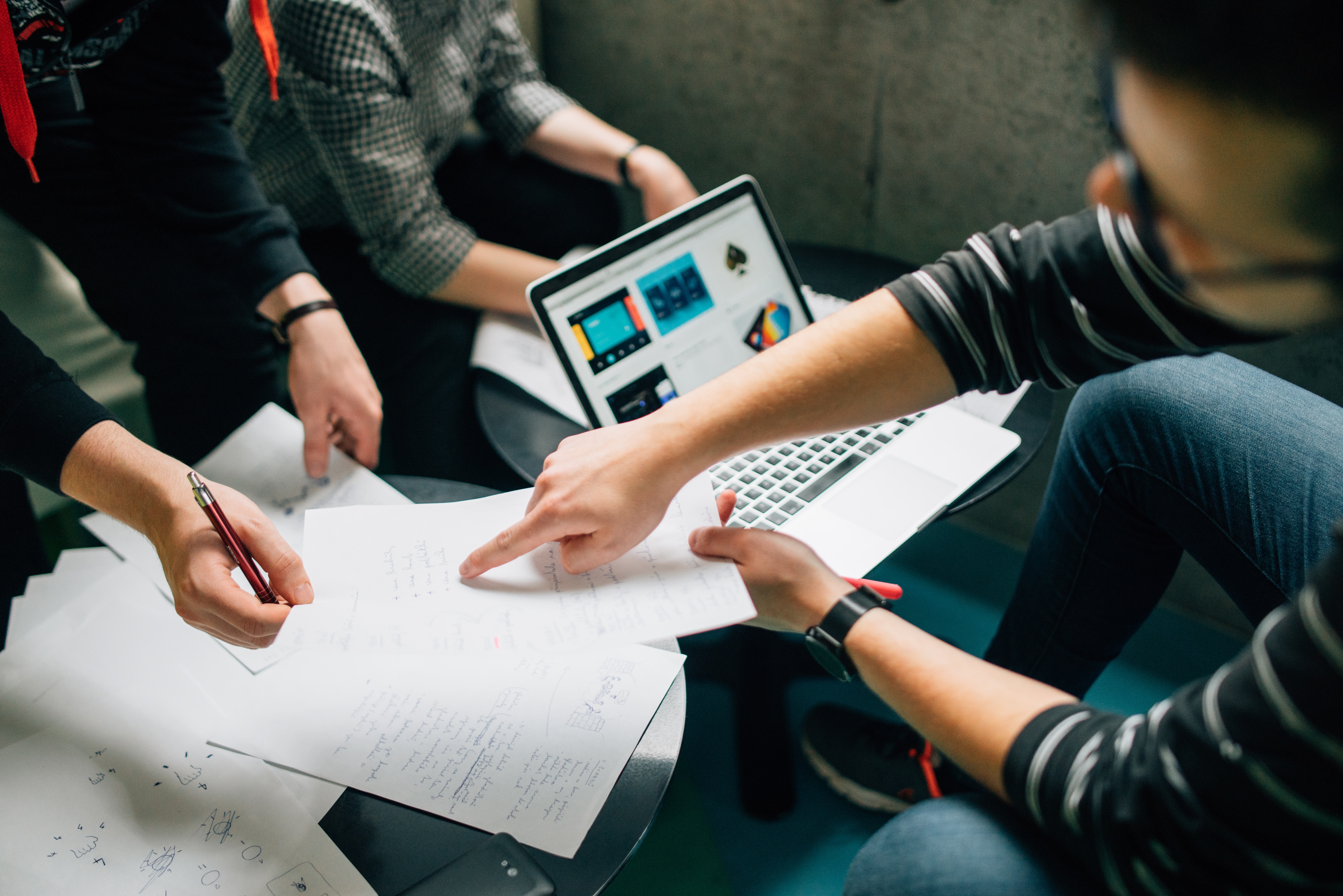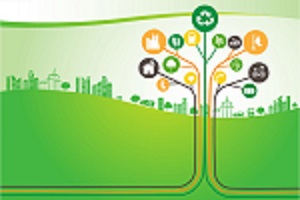CircPro Italian partners, Regione Piemonte and University of Torino, organised and hosted the 5th Regional Stakeholders Group on the 26th November 2020. The meeting took place online and gathered 21 attendees from 13 institutions; following institutional greetings, the event developed with speeches – involving CircPro Partners and Stakeholders and external bodies too - that are here summarized:
• Matteo Sabini - from APRE, the Agency for the Promotion of European Research - made an overview of the Farm to Fork strategy and its links with the new European Green Deal of the European Commission. The goal of the Farm to Fork strategy is to move towards a more healthy and sustainable EU food system, ensuring that the economic, social, and environmental foundations of food and nutrition security are not compromised for current and future generations. Emphasis is put on enabling “just transition” for all actors of the food systems, and public procurement is considered as an important tool to boost the demand for organic farming produces and to promote healthy diets. To this end, by the end of 2021, the target is to determine the best modalities for setting minimum mandatory criteria for sustainable food procurement to promote healthy and sustainable diets, including organic products, in schools and public institutions. These policies are being translated to research and innovation funding within Horizon2020 Green Deal Call.
• Claudia Scagliarino – from Sogesid SpA, a State-owned engineering company that provides technical support to the Ministry of the Environment and other public administrations in the fields of environmental protection, natural resources management, and infrastructures development - presented the project “CReIAMO PA”, Competences and Networks for Environmental Integration and Improvement of the Public Administration Bodies. She particularly focused her speech on the 3rd line of intervention (L3) of the Project which is dedicated to “Models and tools for the transition towards a circular economy” including actions to develop and implement:
◦ an integrated policy for a circular economy, through the definition and dissemination of standard models (“Integrated policy”);
◦ environmental management models that, albeit increasingly used by enterprises, still fail to make their way into PA (“Management Models”);
◦ tools and actions aimed to expand and optimise management of waste planning and prevention (“Waste Management”).
• Valeria Veglia - from the Metropolitan City of Turin, CircPro Stakeholder - presented the new agenda for the sustainable development of the Metropolitan City of Turin. This process stems from Agenda 2030, 2017 Bologna Chart, and the 2017 National Strategy for Sustainable Development. The Ministry of Environment mandates the regions to develop their strategies and, in 2019 it involved also the level of Metropolitan Cities for the development of local strategies. This is not an additional plan but rather a means to integrate policies and instruments to tackle the 3 dimensions of sustainability (social, environmental, and economic ones). The Agenda for the Sustainable Development of the Metropolitan City of Turin which is currently being defined thanks to several stakeholders contribution and it should be finalized and approved by the end of 2021.
• Anna Maria Caputano – from Regione Piemonte, CircPro Partner – made a speech focused on Action Plan development. She explained that the Project timeframe is made up of two main phases: Phase 1 is devoted to the sharing of good practices and policy experiences among partners and stakeholders and to the development of Action Plans, which will be implemented and monitored in Phase 2. The Action Plan, which should lead to a change in the policy at the regional level, is due to be developed on the basis of interregional learning, including from the good practices developed and published on the program policy learning platform. Policies can be improved by three levels of intervention: supporting new projects, improving governance, and changing policy structure. Action Plans detail how the lessons learned from the cooperation will be implemented in each region.
• Cesar Pacheco – from Torino Wireless Foundation, CircPro Stakeholder - presented the project Circular 4.0 co-funded by Interreg Alpine Space program aiming at strengthening digitalisation processes by SMEs to foster innovation processes and accelerate the transition to the circular economy in Alpine Space. The project gathers 13 regions from Italy, Slovenia, Germany, France, and Austria and it covers 3 circular business model categories (“Circular Design” models, “Optimal Use” models, and “Value Recovery” models), each of which focuses on a different phase of the value chain. In the current phase, the project is seeking success stories of digital technologies supporting the circular economy in Piedmont Region.
